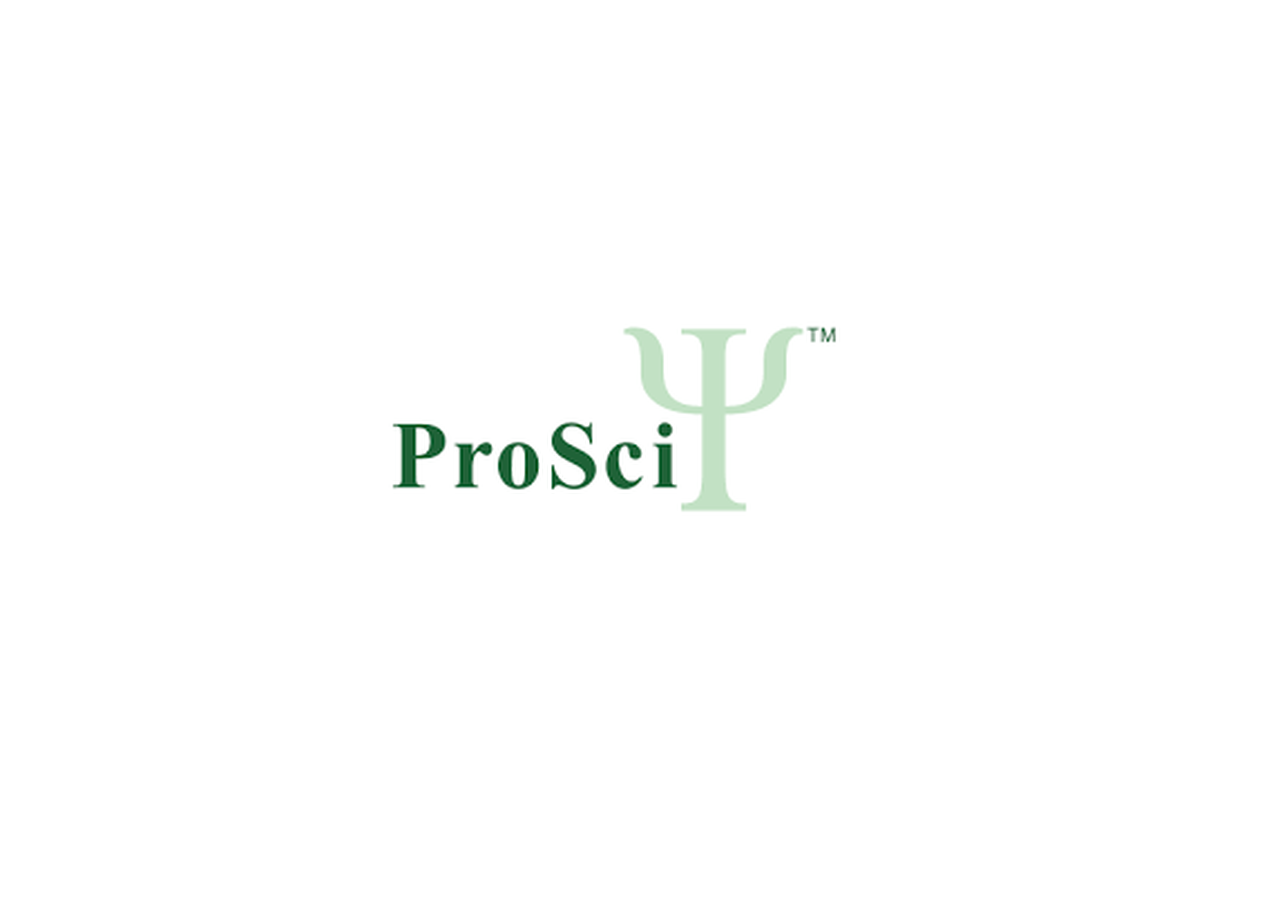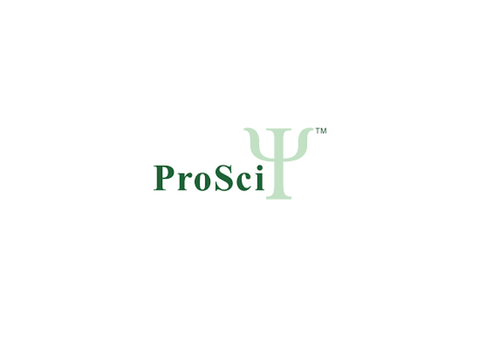Product Description
GNE Antibody | 56-322 | ProSci
Host: Rabbit
Reactivity: Human
Homology: Predicted species reactivity based on immunogen sequence: Hamster, Mouse, Rat
Immunogen: This GNE antibody is generated from rabbits immunized with a KLH conjugated synthetic peptide between 169-197 amino acids from the N-terminal region of human GNE.
Research Area: Cell Cycle
Tested Application: WB, IHC-P
Application: For WB starting dilution is: 1:1000
For IHC-P starting dilution is: 1:10~50
Specificiy: N/A
Positive Control 1: N/A
Positive Control 2: N/A
Positive Control 3: N/A
Positive Control 4: N/A
Positive Control 5: N/A
Positive Control 6: N/A
Molecular Weight: 79 kDa
Validation: N/A
Isoform: N/A
Purification: This antibody is purified through a protein A column, followed by peptide affinity purification.
Clonality: Polyclonal
Clone: N/A
Isotype: Rabbit Ig
Conjugate: Unconjugated
Physical State: Liquid
Buffer: Supplied in PBS with 0.09% (W/V) sodium azide.
Concentration: batch dependent
Storage Condition: Store at 4˚C for three months and -20˚C, stable for up to one year. As with all antibodies care should be taken to avoid repeated freeze thaw cycles. Antibodies should not be exposed to prolonged high temperatures.
Alternate Name: Bifunctional UDP-N-acetylglucosamine 2-epimerase/N-acetylmannosamine kinase, UDP-GlcNAc-2-epimerase/ManAc kinase, UDP-N-acetylglucosamine 2-epimerase (hydrolyzing) , UDP-GlcNAc-2-epimerase, Uridine diphosphate-N-acetylglucosamine-2-epimerase, N-acetylmannosamine kinase, ManAc kinase, GNE, GLCNE
User Note: Optimal dilutions for each application to be determined by the researcher.
BACKGROUND: The protein encoded by this gene is a bifunctional enzyme that initiates and regulates the biosynthesis of N-acetylneuraminic acid (NeuAc) , a precursor of sialic acids. It is a rate-limiting enzyme in the sialic acid biosynthetic pathway. Sialic acid modification of cell surface molecules is crucial for their function in many biologic processes, including cell adhesion and signal transduction. Differential sialylation of cell surface molecules is also implicated in the tumorigenicity and metastatic behavior of malignant cells. Mutations in this gene are associated with sialuria, autosomal recessive inclusion body myopathy, and Nonaka myopathy. Alternative splicing of this gene results in transcript variants encoding different isoforms. [provided by RefSeq].
 Euro
Euro
 USD
USD
 British Pound
British Pound
 NULL
NULL
















